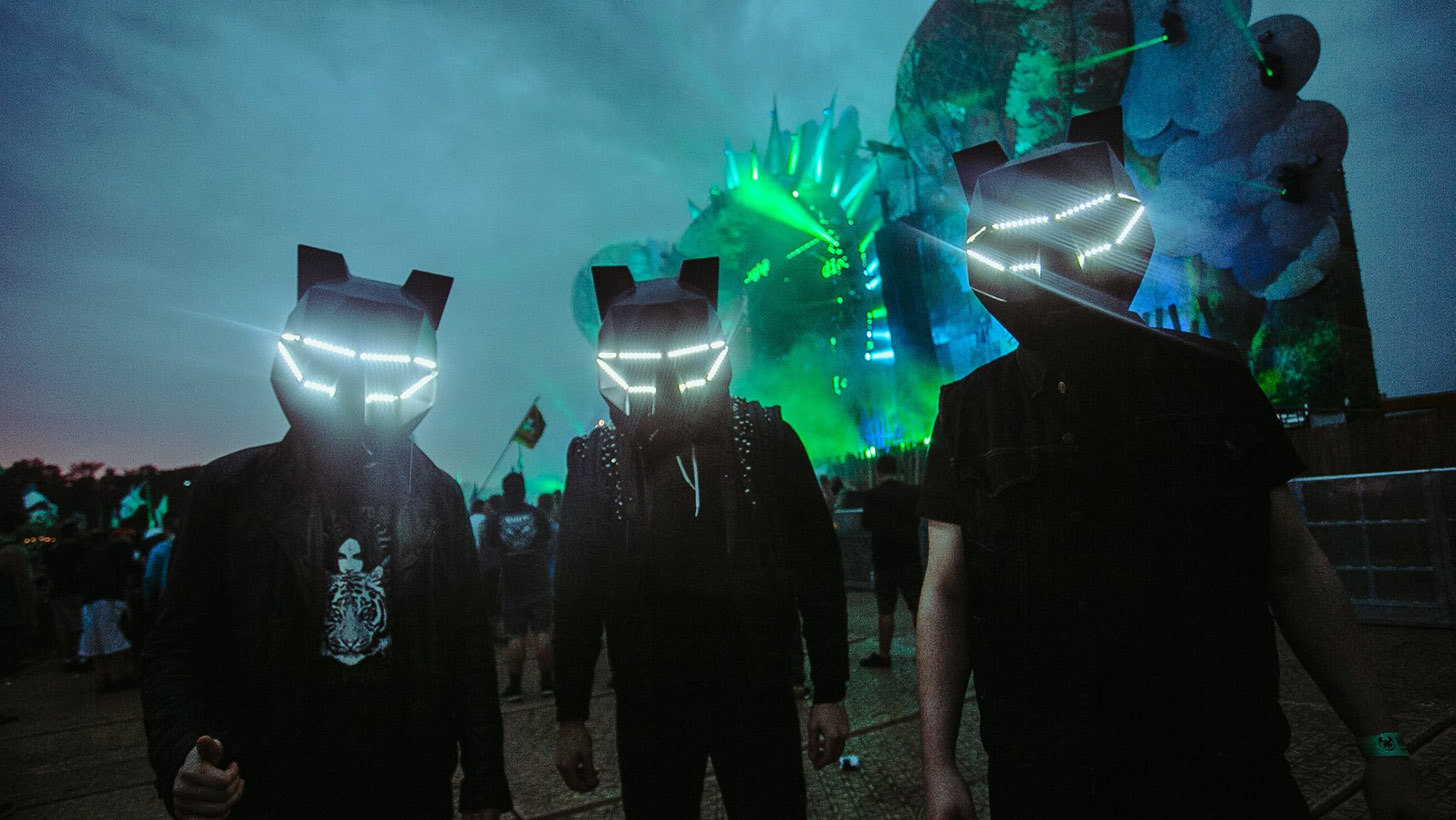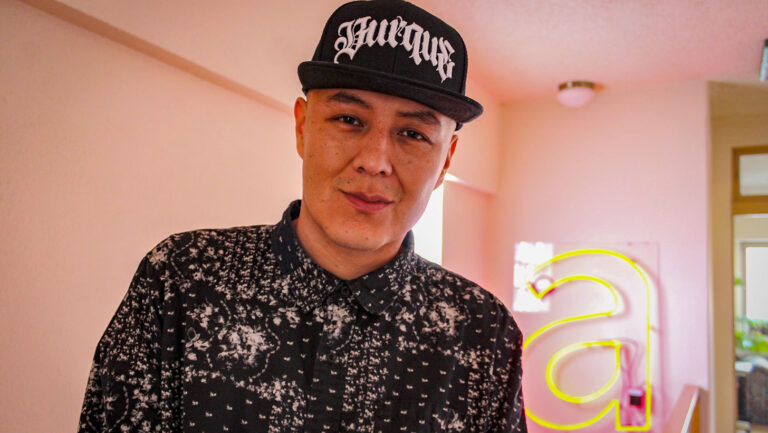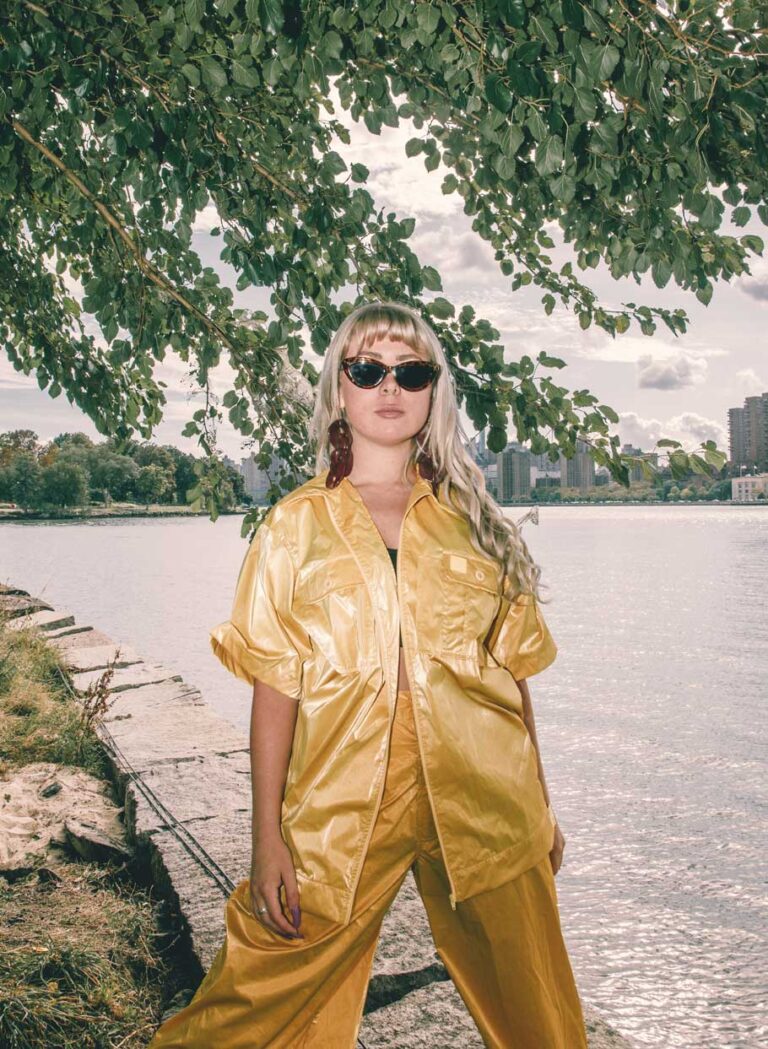We Are, We Are, We Are
Somos Festival Lights The Way Home


Def-i
Corey Yazzie

Whipped Cream
Latest Article|September 3, 2020|Free
::Making Grown Men Cry Since 1992


Def-i
Corey Yazzie

Whipped Cream
